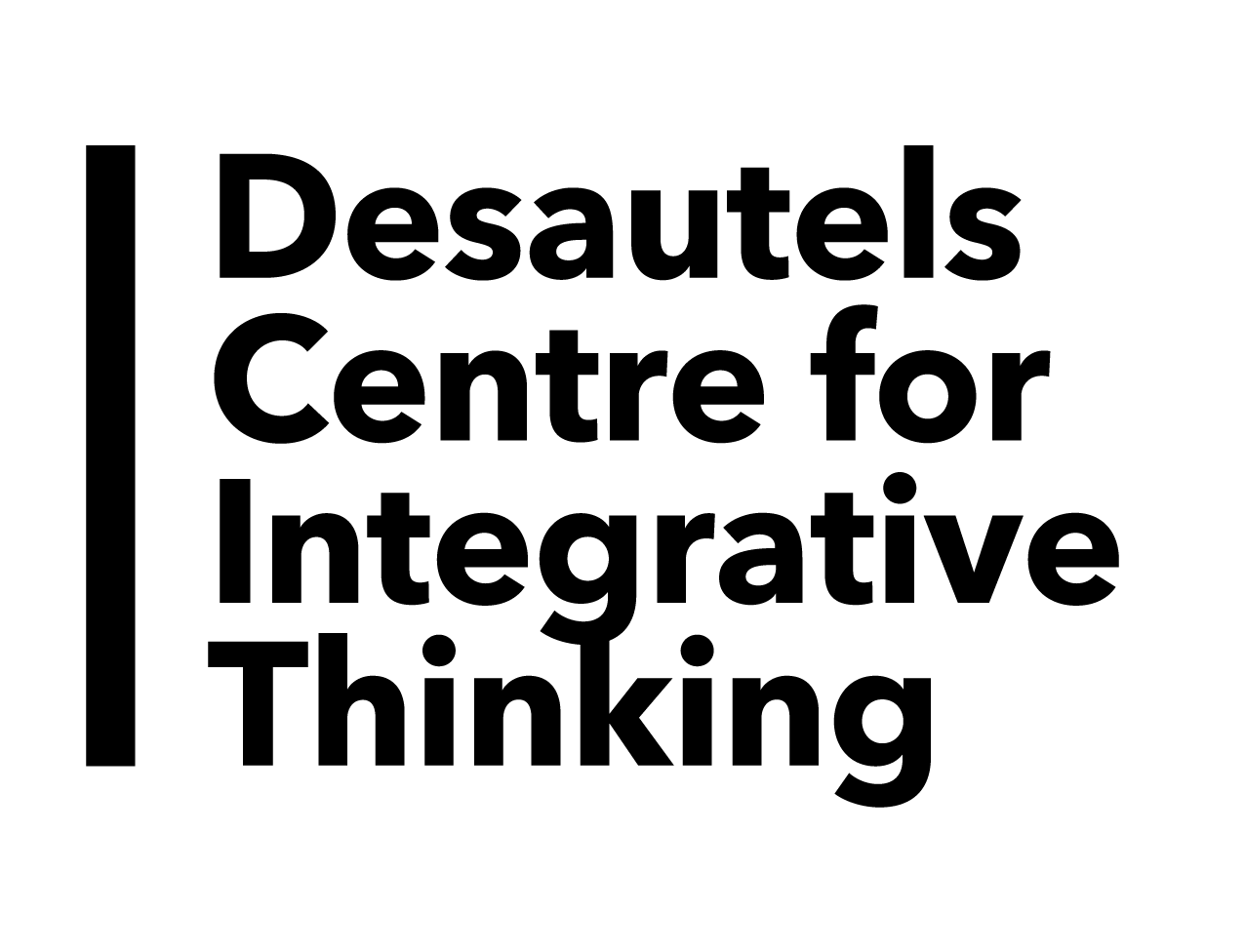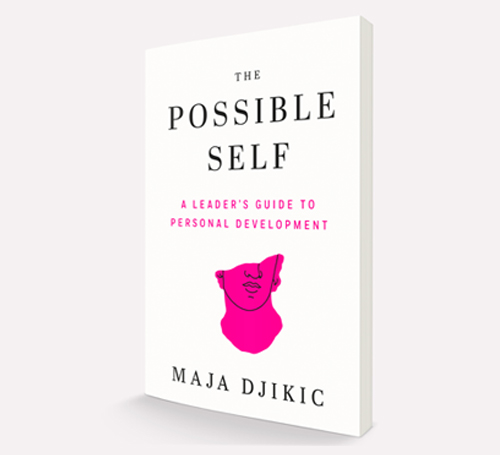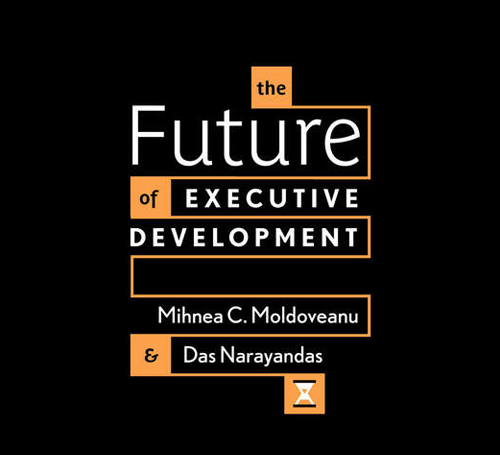Executive and Managerial Skill Mapping and Development
We are actively mapping and modeling the tasks and skills that managers and executives need to work meaningfully and effectively in their roles in organizations all over the world, and the ways in which business schools in particular and universities more generally can help learners develop these skills. Based on a 5 year study of the executive development field, we showed that there currently exists both a gap between the skills that organizations seek in their employees and the skills that business schools and executive development programs provide (the skills gap) and a gap in the ways in which skills that are learned in one context (eg. The classroom) are transferred (i.e. applied) on the job. We also identified ways in which both the skills gap and the skills transfer gap can be mitigated by focusing on the performative, communicative and relational ‘uses of knowledge in organizations’, by varying the levels of abstraction at which pedagogical material is presented and engaged with in the classroom, and by introducing tight, timely, specific, rigorous feedback loops in most learning activities.
Current questions we are focusing on include:
How do we re-engineer the ‘learning production function’ of business and post-secondary education to make ‘continuous feedback’ and ‘competence-based learning’ a reality as opposed to a distant goal?
How can we isolate and identify the specific variables that make ‘managerial work’ and executive work’ distinctive from other kinds of work humans do – whether alone or in groups – so that we can identify high-potential candidates for such roles early and help them to reliably build competence?
How can we new measurement tools and techniques to generate the new data sets which will help us make more accurate and reliable predictions about managerial talent and managerial talent development?
What is the right level of interaction and integration between humans and machines in creating the learning environment that helps 21st century executives succeed in their roles?
What executive skills are transferrable across organizational, hierarchical, functional, linguistic and professional contexts? How can we increase their transferability?
Representative Publications
• Moldoveanu, M.C. and D. Narayandas. 2019. The Future of Leadership Development Harvard Business Harvard Business Review, March-April, 2019.
• Moldoveanu, M.C. 2019 Intelligent Artificiality: Algorithmic Micro-Foundations for Strategic Problem Solving, Harvard Business School Working Paper.
• Moldoveanu, M.C. and N. Narayandas 2019. From Know It All’s to Learn It All’s: The Future of Executive Development in the Era of Wearable Computing and Self-Refining Algorithms, Harvard Business School Working Paper.
• Moldoveanu, M.C. and N. Narayandas 2019. “The Chief Learning Officer’s Compass”, Harvard Business School Working Paper.
• Moldoveanu, M.C. and N. Narayandas 2018. “Executive Education Enters the Digital Vortex. II. Disrupting the Supply Landscape”, Harvard Business School Working Paper 18-013.
• Narayandas, N. and M.C. Moldoveanu 2017. “Executive Education Enters the Digital Vortex. I. Disrupting the Demand Landscape, Harvard Business School Working Paper 17-020.
• Moldoveanu, M.C. and N. Narayandas.2017. The Skills Gap and the Near-Far problem in Executive Education, Harvard Business School Working Paper 17-019.
Internal Participants: Professor Maja Djikic, Professor Scott Rutherford, Professor Yongah Kim, Dr. Anthony Naimi.
External Collaborators:
Professor Das Narayandas, Harvard Business School; Martin Reeves, Managing Director, Boston Consulting Group and Chairman, BCG Henderson Institute, Bob Moritz, Global Chairman, PricewaterhouseCoopers and Chair of Global Leadership Council, UN (Generation Unlimited).
Contact
Desautels Centre for Integrative Thinking
Rotman School of Management
105 St. George Street,
Toronto, Ontario M5S 3E6



